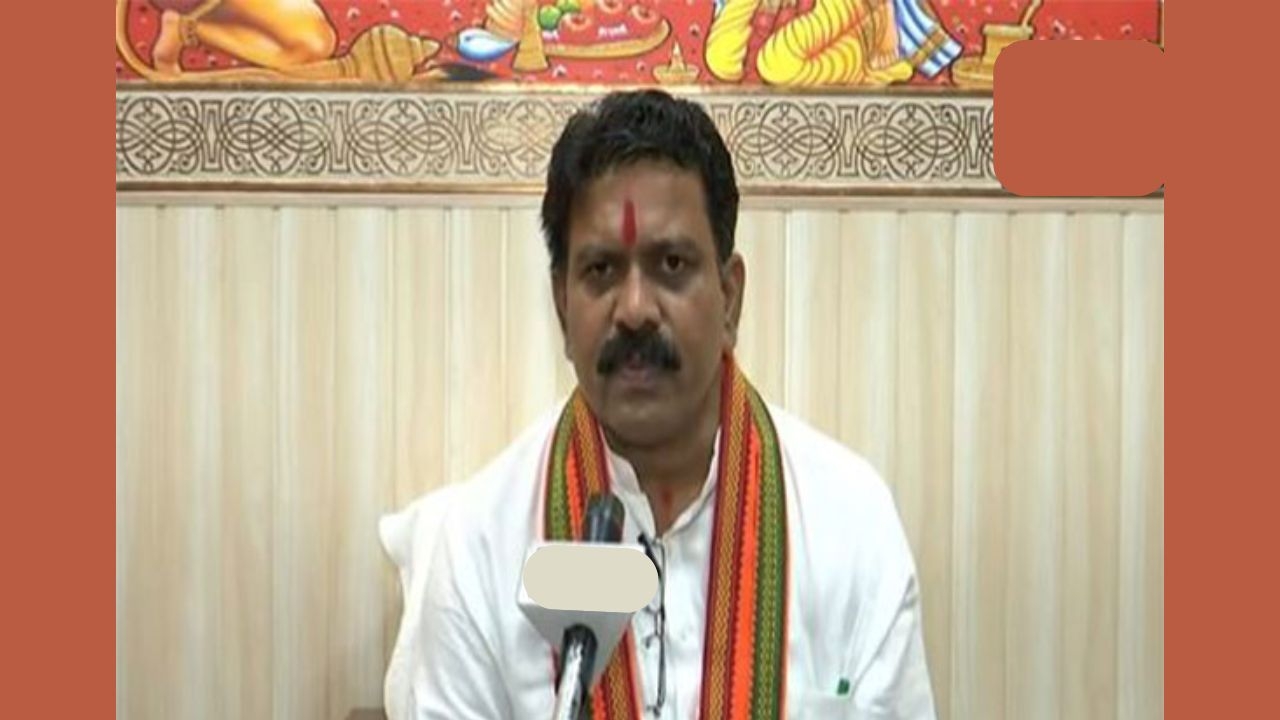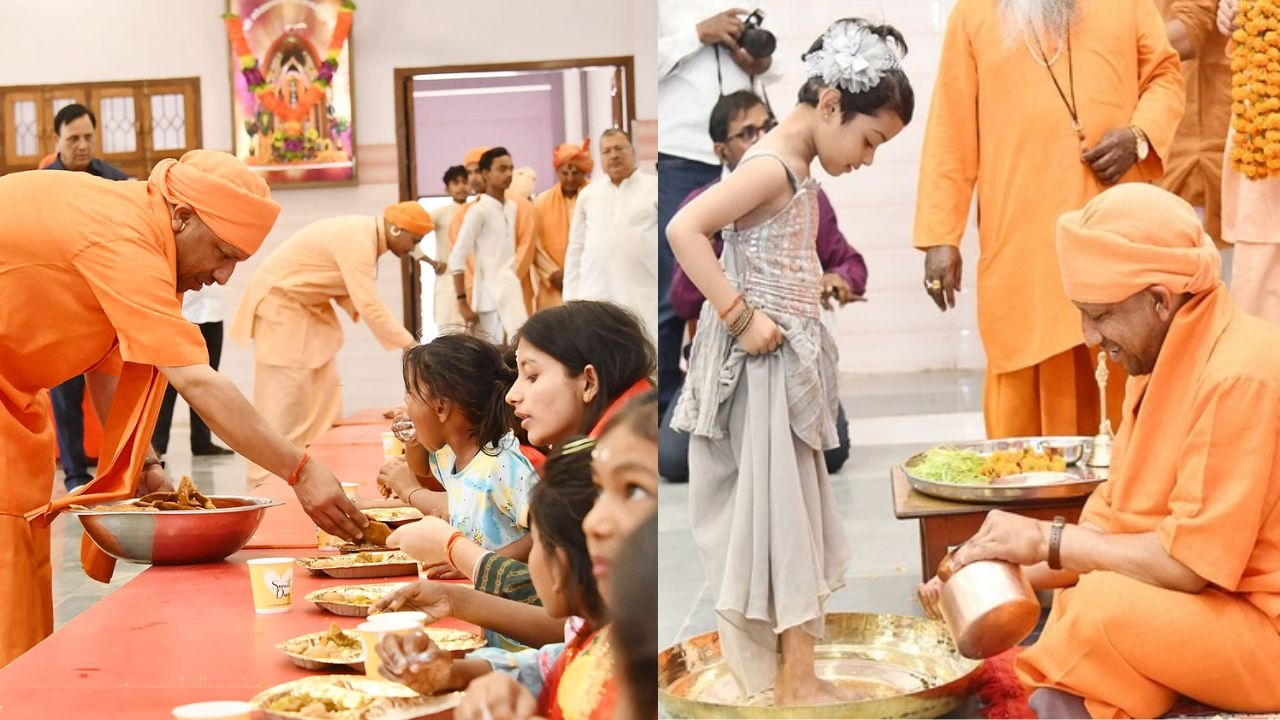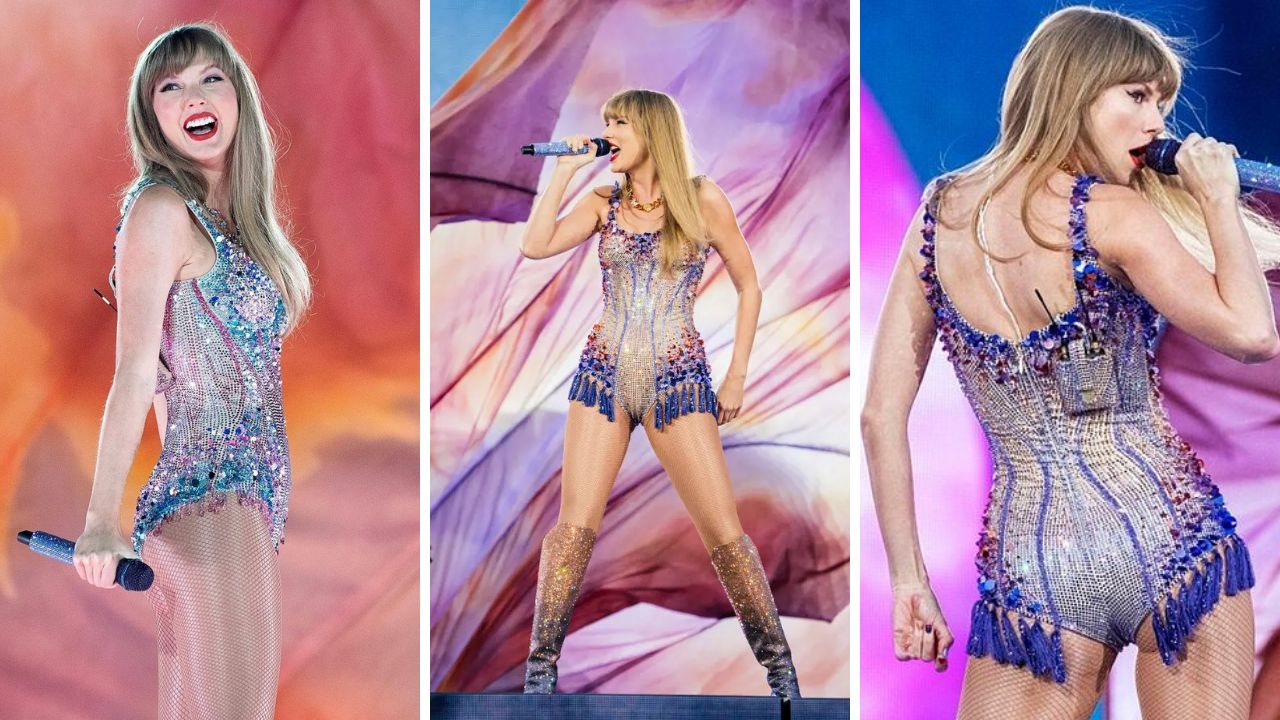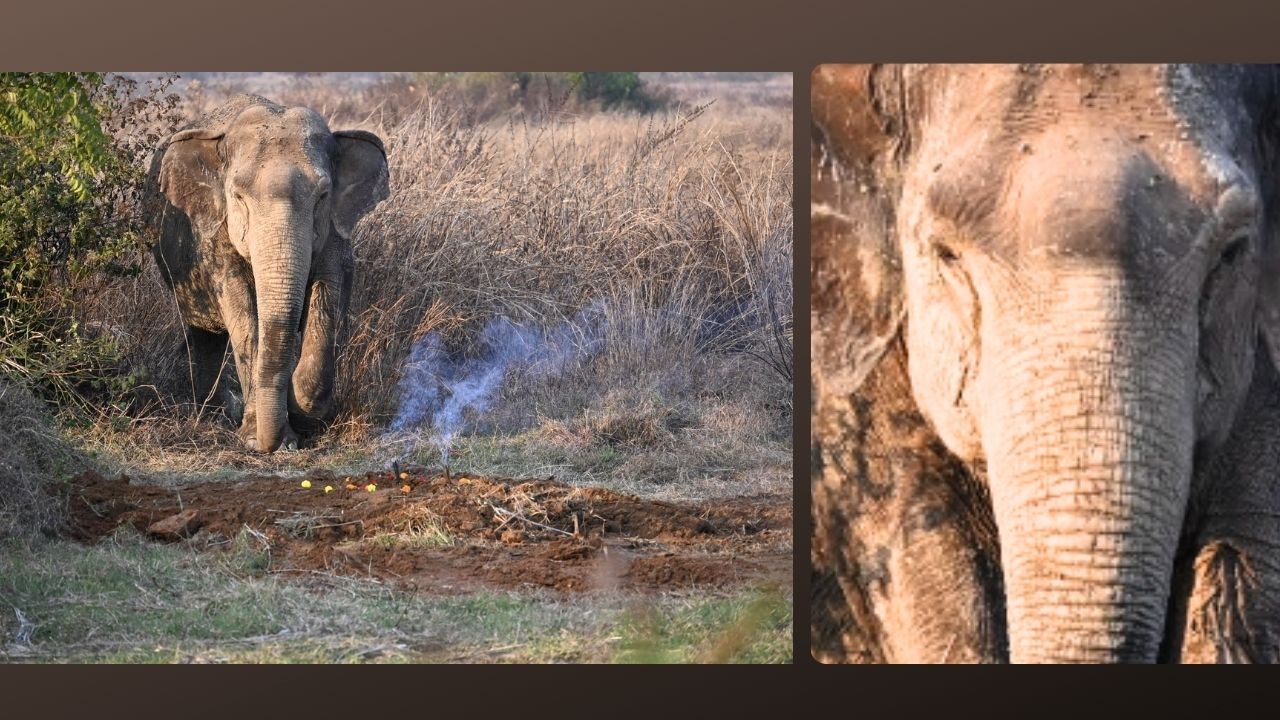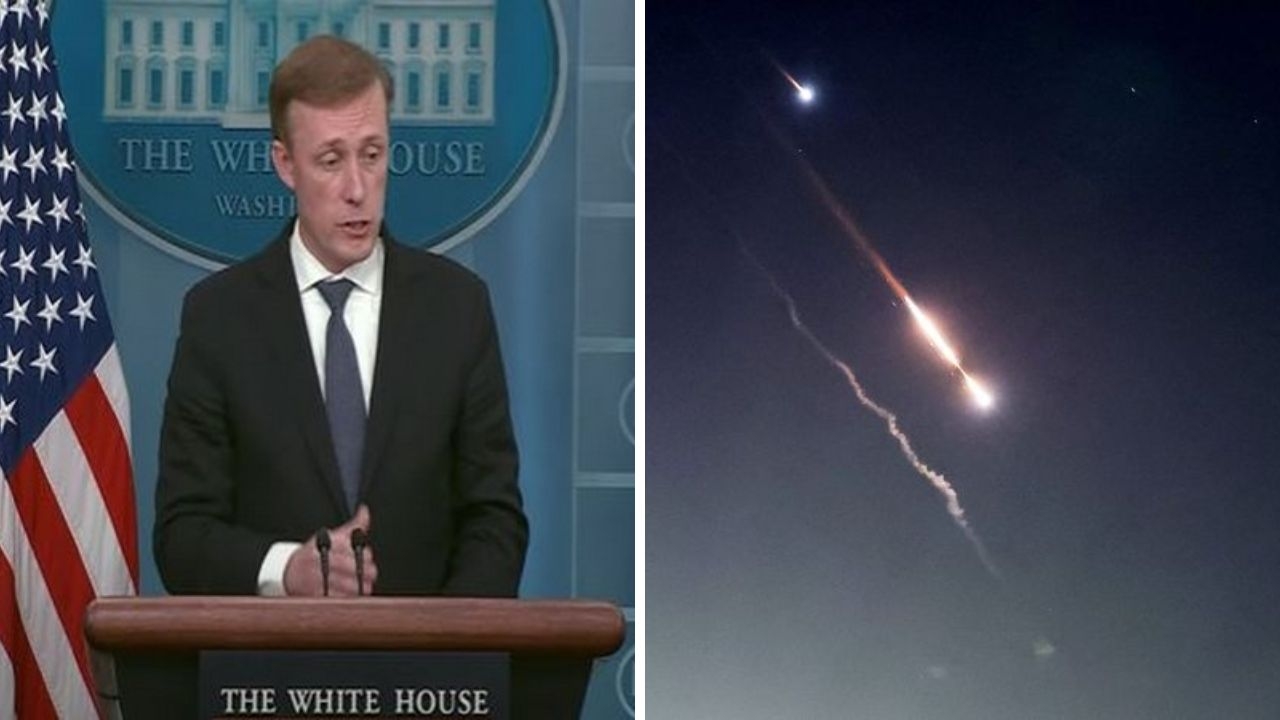I'm half-Shia Muslim, half-Parsi. And I have never felt persecuted in India
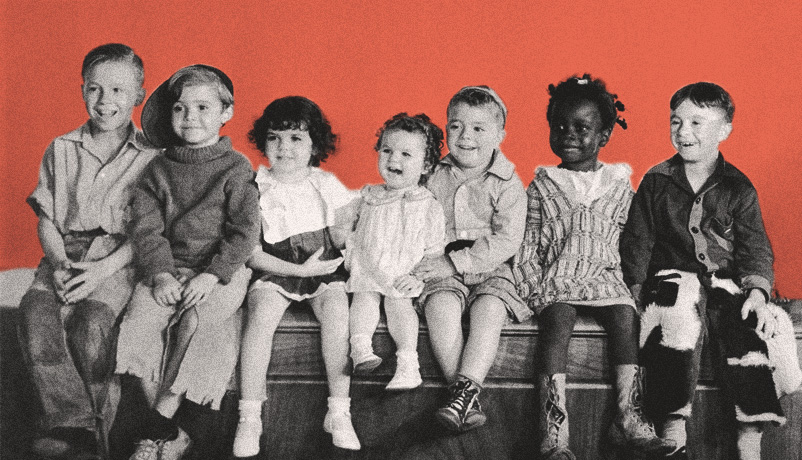
Broad statement
- Finance and I&B Minister Arun Jaitley recently spoke at the inaugural function of a Parsi festival
- He said Parsis are a minority who have never felt themselves to be a minority
Personal account
- My father is a Shia, a \'minority Muslim\', while my mother is a Parsi
- I have every right to feel myself a minority. But I have never felt so
More in the story
- How I never felt any differentiation growing up in south Delhi and going to a \'Hindu majority\' school
- The 1984, 1992 and 2002 riots, and their impact on me
At the inaugural function of The Everlasting Flame, an international programme to celebrate Parsi Zoroastrian culture, the Finance and I&B Minister Arun Jaitley said: "Parsis are a minority who do not feel themselves to be a minority."
I am a double minority. My father is a Shia Muslim, while my mother is a Parsi. I'm technically a 'minority Muslim' among the Muslims of India, and as a Parsi, I belong to a population of just under 70,000.
I have every right to feel myself a minority. But I have never felt so.
Also read: Minorities don't need lectures from Arun Jaitley
Growing up among the 'majority'
It could have something to do with the way I was brought up in Delhi - be it my school or the residences where we lived. I never felt victimised as a minority. I was never made fun of, nor did anyone ever try to make me aware of this 'minority' status
I went to Bharatiya Vidya Bhawan, a school with a predominantly 'Hindu' population. When I was in class XII, there were 135 students in my batch, of which three were Muslims (including me, the half-Muslims), three or four Sikhs, no Jews, a couple of Christians, a handful of Jains, not a single Buddhist, and a half-Parsi (me again). But never once did I feel I was a minority - neither my peers nor my teachers gave me a sense of persecution.
I went to Bharatiya Vidya Bhawan, with a mostly 'Hindu' population. I never felt like a minority
We stayed in various areas of south Delhi all our lives. Our neighbours were Mathurs, Gargs, Nanaiyas (from Coorg), Owaises, Sirajes, Chaturvedis, Saxenas, Jains, Tyagis, Bhandohs, Amwans, Noronhas and Razas.
My father's friends included Sharmas, Bahls, Bhatnagars, Bhatias, Kars, Danielses, Awasthis and Kazmis. He had a couple of Muslim friends, one Sikh friend, no Parsis and a huge number of Hindu friends. He didn't have many Muslim coworkers, but he never once felt targeted.
Also read: Sahitya Akademi row is a manufactured protest against Narendra Modi's government, says Arun Jaitley
To tell you the truth, I wasn't even fully aware of these religious and sectarian identities. For instance, I was unaware that around me, there was a 'Hindu majority' and that I was a Muslim-plus-Parsi minority.
And it's not even as though we didn't practise our faith or attend religious gatherings.
When riots didn't change much
Amidst all this, 1984 and 1992 happened. I was barely 13 in 1984, and had seen shops burning and tyres smouldering on the roads.
There was just one Sikh family in our midst, who had recently had twin daughters. All of us stayed awake at night and kept vigil, trying to ensure nothing untoward should happen.
Neither 1984, nor 1992, nor even 2002 caused any insecurity in me. They just caused pain
These events, as well as 1992, did create a sense of shock. Yes, they caused pain, as did 2002, but none of them could engender a sense of minority persecution or insecurity in me.
Respect for the individual
I was in Mumbai last year on a personal visit. Two of my school friends hosted me - Rajiv Gaur and Satyajit Sharma, who is also a television star of repute. They fought amongst each other about whose place I should stay longer at.
This year, I was in Assam to attend a translation festival, and I turned it into a personal visit to. Dwijen Sharma, someone I had taught 20 years ago, occupies a position much senior to me and hosted me at his house.
Then, Rupam Hazarika, a colleague, and Joydeep Hazarika, a former student, took me around Guwahati on what was my first visit there.
Also read: Happy Navroze: Bollywood stars who have got little 'Parsi' in them
All these people gave me immense respect as an individual.
The Guwahati trip was special in another sense too - I chose to travel by sleeper class on the train after many years. And if any co-passenger asked about me, I told them my name and that I taught English at Jamia Millia Islamia. I don't like to hide my identity and have never felt the need to do so.
I am not making a political point here. I know there are people from the minorities who do feel insecure. But I don't think there is any need to feel so.
In fact, even if they feel insecure, they should not, because doing so makes them weak inside. Real strength comes from conquering fears of different kinds and from not letting anything weaken you inside.
On this note, a Happy Navroz 2016 from a Parsi-Muslim mongrel!
Edited by Shreyas Sharma
Also read: #SaveTheParsis: Why this hashtag needs to trend urgently this Nawroz
First published: 25 March 2016, 3:35 IST
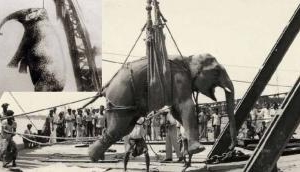


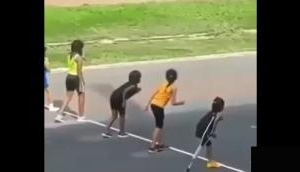
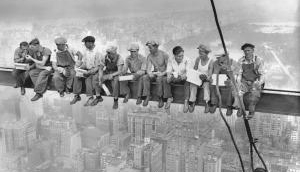
![BJP's Kapil Mishra recreates Shankar Mahadevan’s ‘Breathless’ song to highlight Delhi pollution [WATCH] BJP's Kapil Mishra recreates Shankar Mahadevan’s ‘Breathless’ song to highlight Delhi pollution [WATCH]](http://images.catchnews.com/upload/2022/11/03/kapil-mishra_240884_300x172.png)

![Anupam Kher shares pictures of his toned body on 67th birthday [MUST SEE] Anupam Kher shares pictures of his toned body on 67th birthday [MUST SEE]](http://images.catchnews.com/upload/2022/03/07/Anupam_kher_231145_300x172.jpg)


